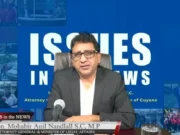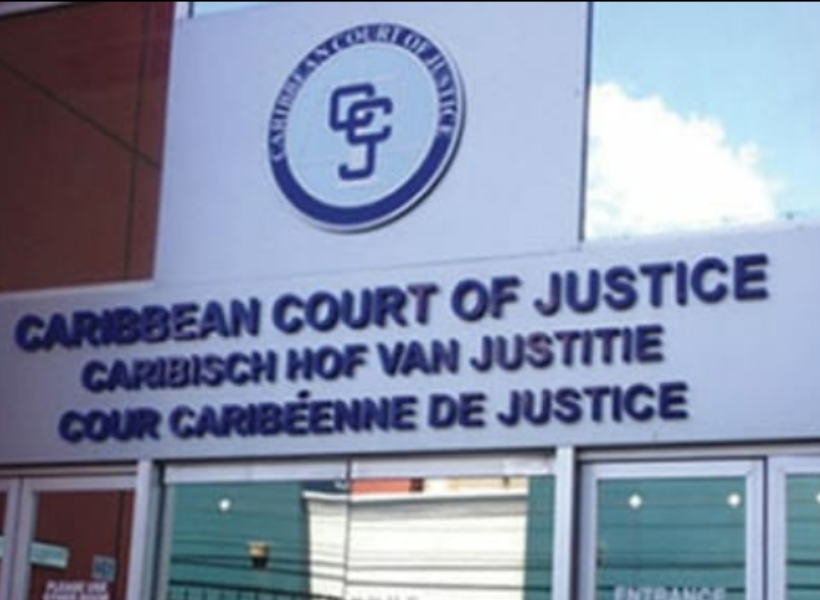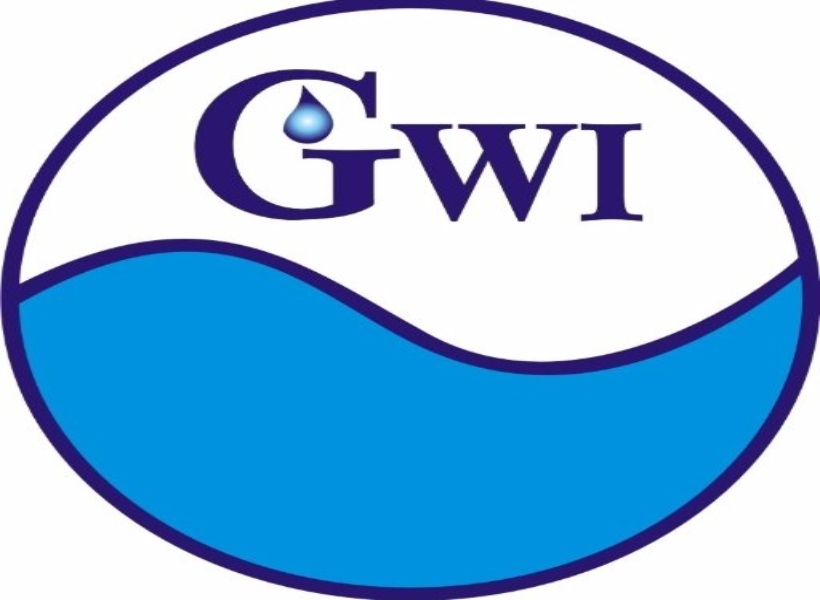The sum of $2.8B has been allocated to support the operations of the Guyana Water Incorporated (GWI). Making this announcement today was the Minister of Public Works, Juan Edghill, in the presentation of the 2020 National Budget.
“Budget 2020 provides for sustaining and improving access to potable water across coastal, urban, and hinterland communities, continuing the reduction of the non-revenue water programme and increasing the access to treated water in more areas,” he told the House before making the allocation announcement.
He noted that the government is undertaking a number of water supply improvement projects in coastland and hinterland regions. These will be done in areas including Mabaruma, Barbina, Wainina, Shulinab, Shea, Cheong Mouth and Bartica. The GWI is also in the process of enhancing its capacity to drill new wells as well as maintain existing wells by acquiring two new rigs.
” We will also continue the pipe replacements in Georgetown to improve pressure in the system, prioritising Vlissingen Road to Cummings Street for the rest of this year,” he highlighted.
Further, the Minister apprised the House of the administration’s intention to conduct a study for the provision of potable water from the Hope Canal.
The government will also examine the design of water treatment systems for the hinterland towns of Mabaruma and Mahdia, the islands of Leguan and Wakenaam and coastal areas of Walton Hall to Charity in Region Two; Bush lot in Region 5; and Tain to No. 50 Village in Region 6.
This study will be paramount in helping to shape the water sector programme, going forward, he noted, while adding that the government will work with stakeholders to ensure proper wastewater management, and water rates remain affordable.
Finally, he said that the administration will be pursuing “an aggressive” Integrated Sustainable Waste Management (ISWM) programme.
The goal is to cater for the health of citizens, animals, and the environment.
“We will undertake improving infrastructure for sanitary landfill sites, encouraging recycling and composting, and spreading awareness to the public on the ISWM best practices and principles. An overall sum of $644.2 million has been allocated for sanitation interventions in 2020,” he noted.











